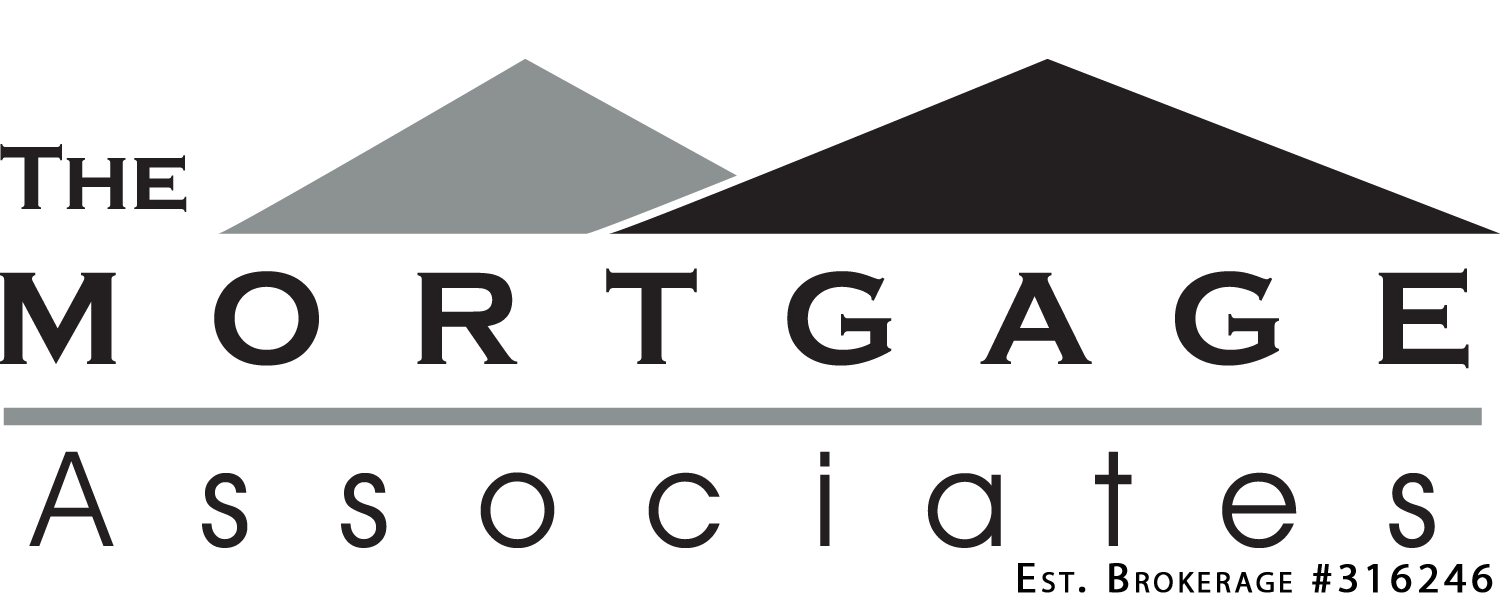Beware the risks of renting your house through Airbnb
Augusta Dwyer – The Globe and Mail – May 25, 2016
The rise in popularity of short-term rental sites such as Airbnb and Homestay has added a new wrinkle to the relationship between homeowners with a mortgage and the financial institutions holding those loans.
At Royal Bank of Canada, clients must inform the bank of the intended use of the property, says spokesperson Jill Anzarut, “and if that use changes, it’s important that they contact us in advance, prior to proceeding with any changes.”
National Bank of Canada requires the same notification.
At Toronto-Dominion Bank, meanwhile, as long as the correct insurance is in place, occasionally renting a property through a service such as Airbnb would not have an impact on a mortgage holder or applicant, says a spokesman.
Even though such an activity could put homeowners in breach of their mortgage policies, it is not always clear what happens if you inform your lender that you are planning on using part, or all, of your home for short-term rentals. And whether anyone actually makes the effort to do so is also in some doubt.
Yet the mortgaged property is the lender’s security, and if anything happens to it, it is affected.
“It’s the same if you are doing renovations or putting on an addition,” says Barb Morgan, vice-president in Ontario of Invis Mortgage Intelligence. “You are supposed to notify the lender, but it doesn’t happen very often.”
In the condominium sector, where, according to Gerald Miller, a managing partner at Gardiner Miller Arnold LLP, 80 to 90 per cent of Canada’s Airbnb market is concentrated, there are definite risks for lenders – and homeowners.
“If you contravene the declaration of bylaws and rules of the condominium corporation,” he points out, “that means you’re offside here. It means you’re in default of your mortgage, because the corporation can take action against you and whatever costs are incurred; they can lien your unit.”
Mr. Miller says that, as lawyers for hundreds of condominium corporations throughout the Greater Toronto Area, he and his firm are often requested by property managers to notify unit owners “to stop renting their unit out on Airbnb because it is a security risk.”
If the unit holder doesn’t pay the legal fees for that notification, “Well, then, we lien their unit,” he says, “and that lien, because it takes priority over the mortgage, we send to the bank.” Then it is the bank, he adds, that is on the hook for payment. “The bank will step up often, and pay the lien, and add that to the mortgage,” he says.
Mr. Miller says Airbnb renters flew under the radar for the first few years of the service’s operation, “but now it’s become mainstream. It is everywhere. So in the end when you are exposed you could have a problem. You either stop doing it or you are going to have a problem, not only with the condominium corporation, but with your lender as well.”
In British Columbia, lenders could only realize the homeowner is renting out his house if he no longer applies for the property-tax subsidy offered by the province.
“If the owner is paying the gross taxes,” says Vancouver-based mortgage expert Glen Wong, “the lender can say, ‘Wait a minute. This is supposed to be your principal residence. How come we are paying the gross taxes all of a sudden?’”
Because rental properties are considered more risky, he added, the pricing of mortgages for them is usually a few points higher than it is for a house the borrower is actually living in.
Technically, the homeowner is in breach of the mortgage contract. “Would that lender automatically say, ‘I am going to call your loan because you didn’t tell us exactly what you were going to do with it?” asks Mr. Wong.
“I have a feeling they won’t. There is going to be too much publicity on that, too much of a headache. If the client starts talking to the media and saying, ‘We were kicked out of our house,’ or, ‘They decided to call our loan because we switched from residence to a rental,’ I have a feeling there is going to be a lot of heat taken by the lenders.”
Having the right kind of insurance is obviously the first step in a homeowner making sure he won’t have a potential conflict with his lenders. And according to Ms. Morgan, most insurance companies are well aware of the trend and have specific policies in place.
“Basically it would be an endorsement of the existing homeowner policy to be able to provide extra coverage based on this sort of a rental,” she says, “and it would incorporate this Airbnb possibility as a hotel-style rental.”
However, while renting space to strangers for extra income is still an area of uncharted waters, if Airbnb hosts could track and even pay tax on that income, it could potentially make them more attractive borrowers and get them higher loans. “If the income is verifiable,” says Mr. Miller, “then the lenders are going to embrace it.”
Secondary lenders are already doing so, he says. “These lenders, that will provide competitive mortgages to the big banks, are more apt to look at those different types of [income]. Interestingly, it is because of things like Airbnb that there has been this great growth of those secondary lenders out there.”
To see the article click here

